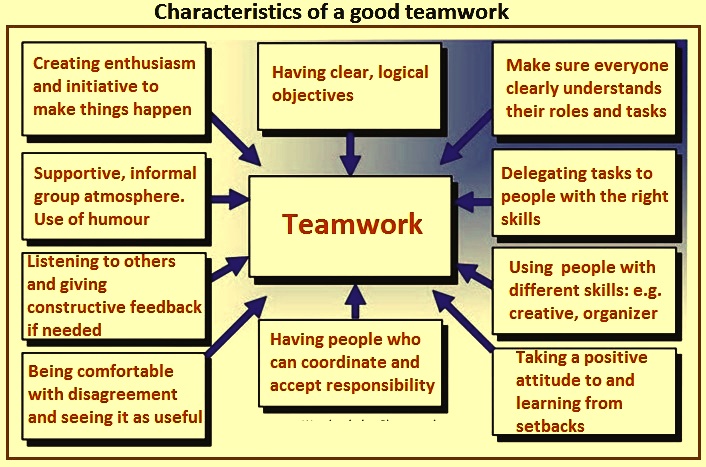What Google Learned From Its Quest to Build the Perfect Team
roject Aristotle’s researchers began by reviewing a half-century of academic studies looking at how teams worked. Were the best teams made up of people with similar interests? Or did it matter more whether everyone was motivated by the same kinds of rewards? Based on those studies, the researchers scrutinized the composition of groups inside Google: How often did teammates socialize outside the office? Did they have the same hobbies? Were their educational backgrounds similar? Was it better for all teammates to be outgoing or for all of them to be shy? They drew diagrams showing which teams had overlapping memberships and which groups had exceeded their departments’ goals. They studied how long teams stuck together and if gender balance seemed to have an impact on a team’s success.
No matter how researchers arranged the data, though, it was almost impossible to find patterns — or any evidence that the composition of a team made any difference. ‘‘We looked at 180 teams from all over the company,’’ Dubey said. ‘‘We had lots of data, but there was nothing showing that a mix of specific personality types or skills or backgrounds made any difference. The ‘who’ part of the equation didn’t seem to matter.’’
:max_bytes(150000):strip_icc()/tips-for-better-teamwork-1919225_v4-5b4dfa2746e0fb00371186e0.png)
